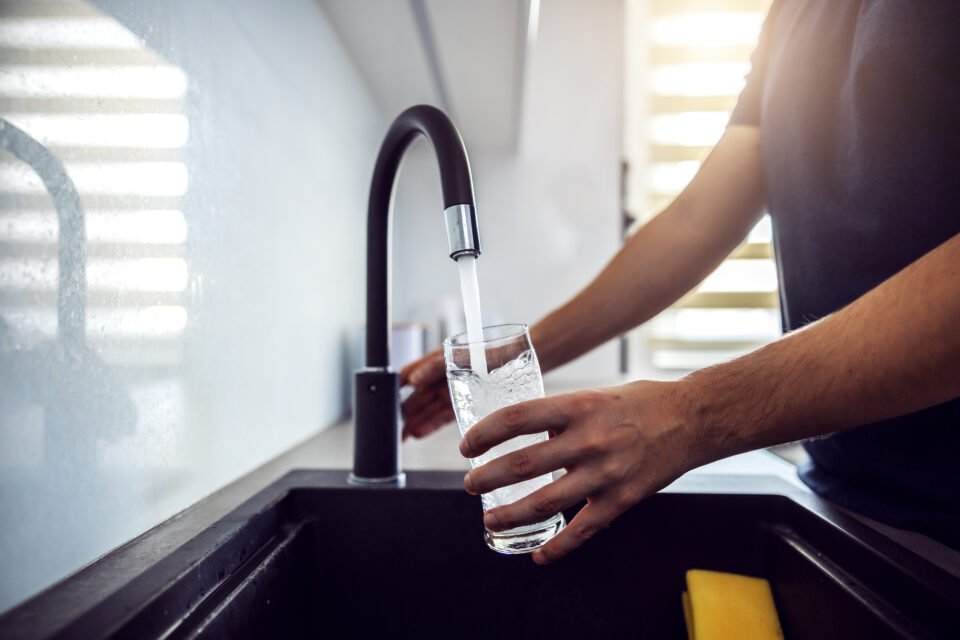Water Quality

Clean, safe water is vital for drinking, recreation, sanitation and hygiene. Water can be contaminated in many ways, including septic system failures, sewage overflows, wildlife waste and poorly maintained swimming pools and spas. Learn more about water quality issues affecting human health and the environment.
Drinking water comes from a variety of sources including public water systems, private wells or bottled water. Clean drinking water is essential to human life, but water can become contaminated in many ways, including through naturally occurring chemicals and minerals, sewage spills and wildlife waste.
Although the U.S has one of the safest public drinking water supplies in the world, outbreaks do occur. Contamination can occur in the source water and after treatment. Sources can include naturally occurring chemicals and minerals (arsenic, radon, uranium), local land use practices (fertilizers, pesticides, concentrated feeding operations), manufacturing processes and sewer overflows or wastewater releases.
About 15 percent of Americans receive water from private wells not subject to Environmental Protection Agency (EPA) regulations. Owners of individual water systems are responsible for ensuring wells maintained so water is clean and safe from contaminants. Regular maintenance is required to ensure water safety and monitor for any contaminants.
The standards for bottled water are set by the U.S. Food and Drug Administration based on EPA standards for tap water. If these standards are met, the water is considered safe for most healthy individuals. Bottled water outbreaks are not frequent but possible. Call the Department at 260-449-7562 if you suspect an illness resulting from the consumption of bottled water.
Recreational water illnesses (RWIs) are caused by germs spread by swallowing, breathing in mists or aerosols or having contact with contaminated water in swimming pools, hot tubs, water parks, water play areas, interactive fountains, lakes, rivers or oceans. RWIs can include gastrointestinal, skin, ear, respiratory, eye, neurologic and wound infections. To help protect yourself and others from germs:
- Keep poop, germs and pee out of the water. Don’t swim when you have diarrhea. Shower with soap before swimming. Take a rinse shower before you get back into the water. Take bathroom breaks every 60 minutes. Wash your hands after using the toilet or changing diapers.
- Check the free chlorine level and pH before getting into the water. Pool and spa chlorine test strips are available at local home improvement stores, discount retailers and pool supply stores.
- Don’t swallow the water. When someone has diarrhea, their poop can contain millions of germs. Just one person with diarrhea can easily contaminate the water in a large pool or water park. Swallowing even a small amount of recreational water contaminated with feces can make you sick.
Septic systems provide a safe alternative for disposing household wastewater from showers, sinks, toilets and washing machines when municipal sewer service is not available.
Visit the Fort Wayne City Utilities website for water quality reports and other information on drinking water in the city.